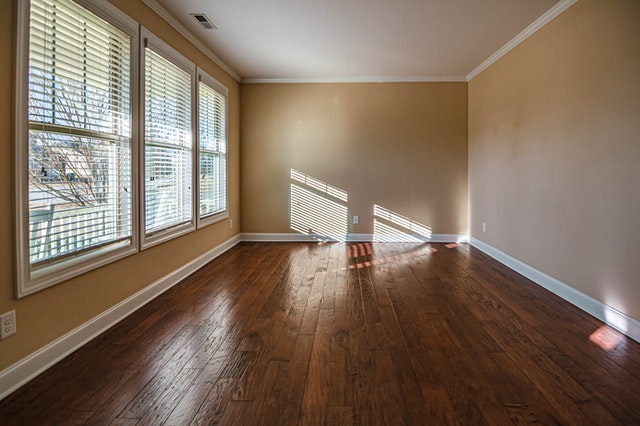When going through the regular home maintenance routine for your home, you should never forget to give your windows some attention. Windows are one of those areas we never take the time to care for until they are damaged. Most times, homeowners’ window maintenance routine has only one item in it: clean the windows.
But looking after your windows is more than just giving them a good shining, says East Bay Management. Windows have moving parts and are constantly being opened and closed. Like all mechanical equipment in the home, they are prone to get broken. Knowing the appropriate routine for maintaining your windows will prolong their life and save you unnecessary repairs and premature replacements.
Following are tips to keep your windows in good shape throughout the year.
Annual window maintenance tips
Firstly, the kind of maintenance routine you follow will partly depend on the type of windows in your home. Matching the right care to the window helps guarantee the best results.
Looking after wood windows
The number one maintenance need of wood windows is to paint and seal them regularly. Painting and sealing prevent moisture infiltration and provides a shield against the suns’ UV rays. Wood windows that are sealed or painted consistently will retain their natural wood appearance for years.
Looking after vinyl, fiberglass, and aluminum windows
Vinyl, fiberglass, and aluminum windows may not need sealing or painting but they do require regular lubrication. Additionally, they also need regular cleaning. However, if the windows have wood-clad interiors, they will need painting and sealing like normal wood windows.
Below are general maintenance tips for all types of windows.

1. Cleaning
Cleaning the windows can be as simple as wiping them down with a damp cloth at least once a week. You can wash Vinyl and aluminum framed windows with water, mild detergent, and a soft brush. But do not use too much water. Also, avoid using solvents or stripping compounds. Remember to wash the casing and joints to prevent clogs that may lead to jamming.
2. Seasonal inspections
Inspect your windows seasonally. During the inspections, examine the condition of the frame and sash. Check for peeled paint, cracks, and warping. Also, check for signs of rot using a metal probe. In double- and triple-paned windows, examine for signs of water seepage between the glasses. Also, check the weather stripping on your windows.
3. Sealing all gaps
Windows that leak air does not help to regulate the temperature inside the home. They will force your HVAC systems to overwork and inflate your energy bills. To prevent this reduction in energy efficiency, check window seals for air and water leaks. Replace all worn-out rubber and apply caulking or spray-foam insulation to seal the windows.
4. Repaint your windows
Repainting windows every three or four years will improve their ability to withstand the elements. This goes for both wooden and metal window frames. Painting your windows creates a thin protective barrier between the sun’s heat or rain and the window’s surface. Painting improves the longevity of your windows and will help preserve their appearance.
5. Repair damaged parts
Because windows are opened and closed frequently, when they have damaged parts, the damage can quickly worsen until the windows have to be replaced. It would be better if you attend to small issues like rotted sections, damaged frames, and cracked glass immediately. Most time, homeowners will ignore these types of issues as long as they can still open and close their windows.

6. Care for your window’s moving components
The moving components of windows need regular cleaning and lubrication. Lubricate all the contact points of the window at the start of spring and autumn. But before applying lubricant, clean the window’s moving parts to rid them of dust and grime. This will let the windows open and close easily.
However, note that windows in locations with high winds or close to the ground may need frequent cleaning and lubrication. Do not use petroleum-based lubricants on windows or disassemble the unit to lubricate it. Use silicone lubricants only.
Alternative cleaners for your windows
The standard way most people clean their windows is with commercial cleaners. But there are natural alternatives that are cheaper and just as effective. Here is a couple to try out:
Vinegar: Use ½ teaspoon of liquid soap, with ¼ of white vinegar and two cups of water, all combined inside a spray bottle. Spray on and wipe off with a lint-free cloth or squeegee to get a streak-free clean and also remove residues left by other cleaners.
Ammonia: To make an ammonia-based solution, add one tablespoon of Ammonia solution to a gallon of water. Mix the solution in a spray bottle and use as you would the vinegar solution. Ammonia is more effective than vinegar; use this method if you are not satisfied with using vinegar.

